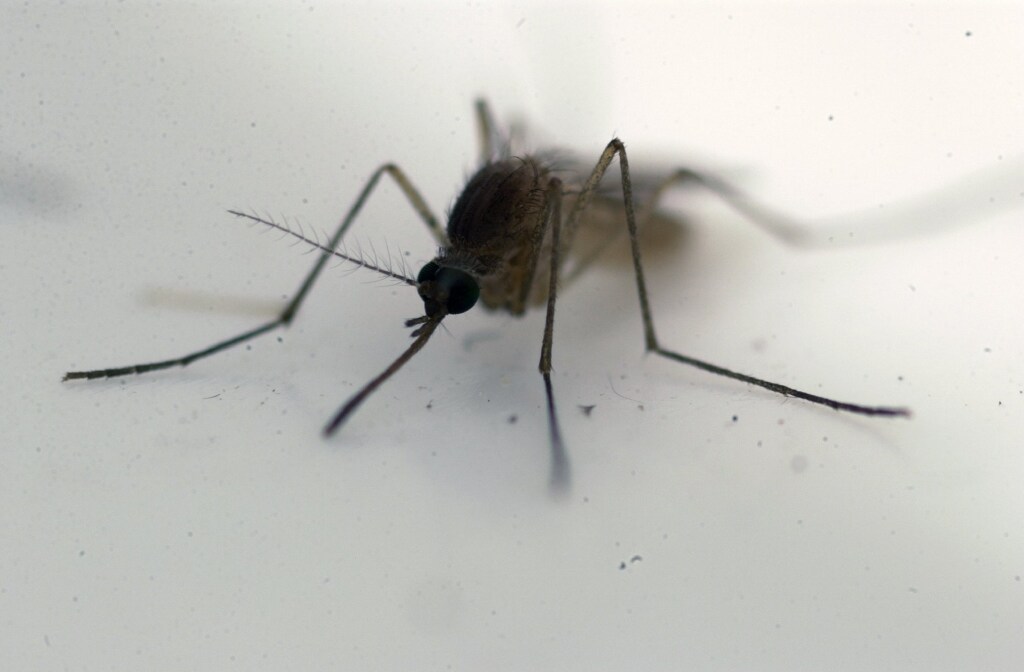The arrival of tropical moisture in the air above the Bay Area over the past several days has brought with it the appearance of more mosquitos in some of the hotter areas.
In Contra Costa County, health officials offered a reminder to people not to take their health for granted amid those flying insects, especially following the death from West Nile virus of a county resident in July.
Related Articles
San Jose police community service officer killed by allegedly intoxicated driver
At least four people shot at Oakland sideshow
Antioch man charged with burglaries of Walnut Creek homes
Survey says Milpitas residents see public safety as top priority
‘Please do not hate me’: Fight over Chick-fil-A catches small East Bay bakery in the crossfire
“This is a tragedy,” Dr. Meera Sreenivasan, the county’s deputy health officer, said in a statement. “This death also reinforces how important it is to reduce risk of West Nile virus infection by reducing our exposure to mosquitos.”
Authorities said only that the mosquito-related death happened to a man in the eastern part of the county. They did not identify him, citing medical privacy reasons. Authorities said they don’t know when the man became infected.
A dead bird and five sentinel chickens in Oakley also have tested positive for the virus in the county this year, officials said.
The virus is the the leading mosquito-borne disease in the continental United States, according to the Centers for Disease Control and Prevention. About one in 150 people who become infected with it develop a serious illness.
It spreads when an infected mosquito bites something. Mosquitos can pick it up when they feed upon an infected bird.
The death was the first recorded in Contra Costa County from the disease since 2006.
Health officials said residents would be smart to use insect repellents approved by the U.S. Environmental Agency that contain either DEET, Picaridin, the repellent version of Oil of Lemon Eucalyptis, or IR3535.
Residents also should do what they can to avoid any standing water in their yards, officials said. They also can help the district identify areas at risk for the virus by reporting dead birds to the California Dead Bird Call Center at westnile.ca.gov or 1-877-968-2473. Officials said dead birds often are the first sign that West Nile virus is in a particular area.












